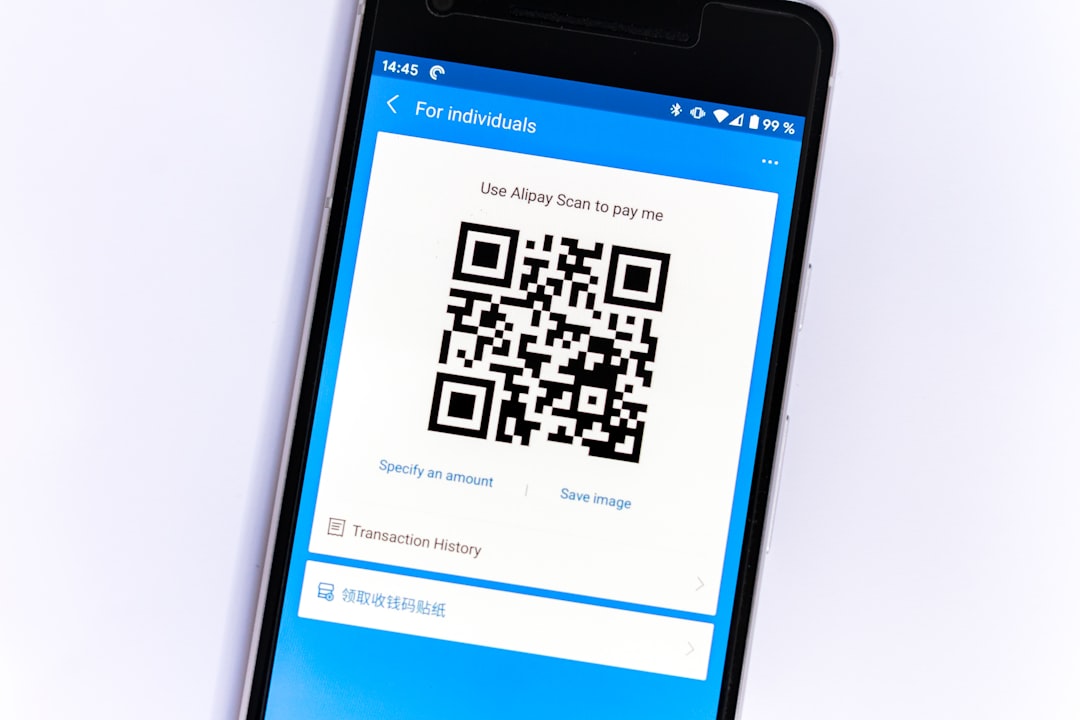Artificial Intelligence (AI) assistants have rapidly evolved over the past decade, transforming how users interact with technology in both personal and professional settings. As of 2025, several AI assistant platforms have emerged as leaders in the market, each offering a unique combination of features, capabilities, and integrations. From voice control and smart home automation to task scheduling and business productivity, AI assistants are now powerful tools with real-world utility.
Whether one is considering an assistant for their smartphone, smart home, or enterprise workflow, understanding the strengths and weaknesses of today’s top AI assistants is essential. In this comparison guide, we will outline and evaluate the most prominent AI assistants of 2025: Apple’s Siri, Google Assistant, Amazon Alexa, Microsoft Copilot, and OpenAI’s ChatGPT.
1. User Interface and Accessibility
Most AI assistants utilize a blend of voice recognition and text-based interfaces. However, some distinguish themselves in ease of use and cross-device compatibility:
- Google Assistant: Integrated into Android devices and many third-party wearables, Google Assistant boasts a clean interface and fast voice response times.
- Amazon Alexa: Primarily voice-based, Alexa is integrated into a wide range of smart home devices, but its app UI lags behind in intuitiveness.
- Apple Siri: Seamlessly integrated across iOS and macOS, Siri presents a sleek design but is still limited outside the Apple ecosystem.
- Microsoft Copilot: Mostly integrated into Microsoft 365 tools with a focus on business productivity and document handling.
- ChatGPT: Responsive via text and voice, the interface emphasizes interactivity, and in 2025, it supports integration with tools like Slack, Notion, and email platforms.

2. Intelligence and Context Awareness
AI assistants in 2025 have improved in maintaining context during conversations and understanding user intent:
- Google Assistant: Excels in natural language understanding and contextual responses, especially with search and navigation queries.
- Alexa: Works well with predefined routines but struggles with multi-turn conversation comprehension.
- Siri: Improved via Apple’s new on-device language model, but still lacks flexibility in open-ended discussions.
- Copilot: Highly effective in understanding office workflows, summarizing documents, and drafting emails with contextual knowledge.
- ChatGPT: Offers the best performance in open-domain conversational AI with memory features and multimodal capabilities.
3. Ecosystem Integration
Choosing an AI assistant often depends on its ability to integrate with one’s existing ecosystem of apps, devices, and services.
- Google Assistant: Best-suited for Android, Google Workspace users, and ecosystems built around Google Nest.
- Alexa: Dominates smart home device compatibility with support for over 140,000 devices as of 2025.
- Siri: Perfect for users heavily invested in Apple’s ecosystem, including HomeKit accessories.
- Copilot: Ideal for enterprises using Microsoft Teams, Excel, Word, and PowerPoint.
- ChatGPT: Platform-agnostic, customizable via plugins and APIs; integrates with both personal and business tools.

4. Customization and Extensions
Modern users demand customizable interactions. Some AI assistants have embraced modular plugins and automation tools:
- Alexa: Extensive skill library but often hit-or-miss in quality and consistency.
- Google Assistant: Supports routines and third-party integrations, but scripting is more limited than competitors.
- ChatGPT: Offers expansive plugin support, custom instructions, and even memory for returning users.
- Copilot: Fine-tuned for business logic and automation within Office apps.
5. Privacy and Security
Privacy remains a critical factor, especially with AI devices handling personal conversations and sensitive data:
- Siri: On-device processing for many tasks enhances user control and privacy.
- Google and Amazon: Collect metadata for improving performance, but offer opt-outs and data deletion tools.
- ChatGPT: Now includes customizable opt-outs and memory control, and enterprise users gain enhanced encryption.
Final Thoughts
In 2025, choosing the right AI assistant depends on the user’s priorities. For smart homes, Alexa remains a favorite. For productivity and enterprise tasks, Microsoft Copilot is hard to beat. Meanwhile, ChatGPT leads in open-ended conversations, flexibility, and AI innovation. Google Assistant and Siri remain dependable based on brand ecosystem integration and device usage.
FAQ
- Q: Which AI assistant is best for smart home integration?
A: Amazon Alexa supports the widest range of devices and smart home features as of 2025. - Q: Is ChatGPT available on mobile and desktop?
A: Yes, ChatGPT offers apps for iOS, Android, and is accessible via web browsers on desktop. - Q: Can AI assistants work without an internet connection?
A: Siri supports limited offline functionality. Most others require an internet connection for full features. - Q: Which AI assistant offers the best privacy options?
A: Apple’s Siri and ChatGPT offer robust privacy controls, including on-device processing and memory management features. - Q: Can I use more than one AI assistant?
A: Yes, many users combine assistants across devices (e.g., Siri on phone, Alexa in the home, Copilot at work).
